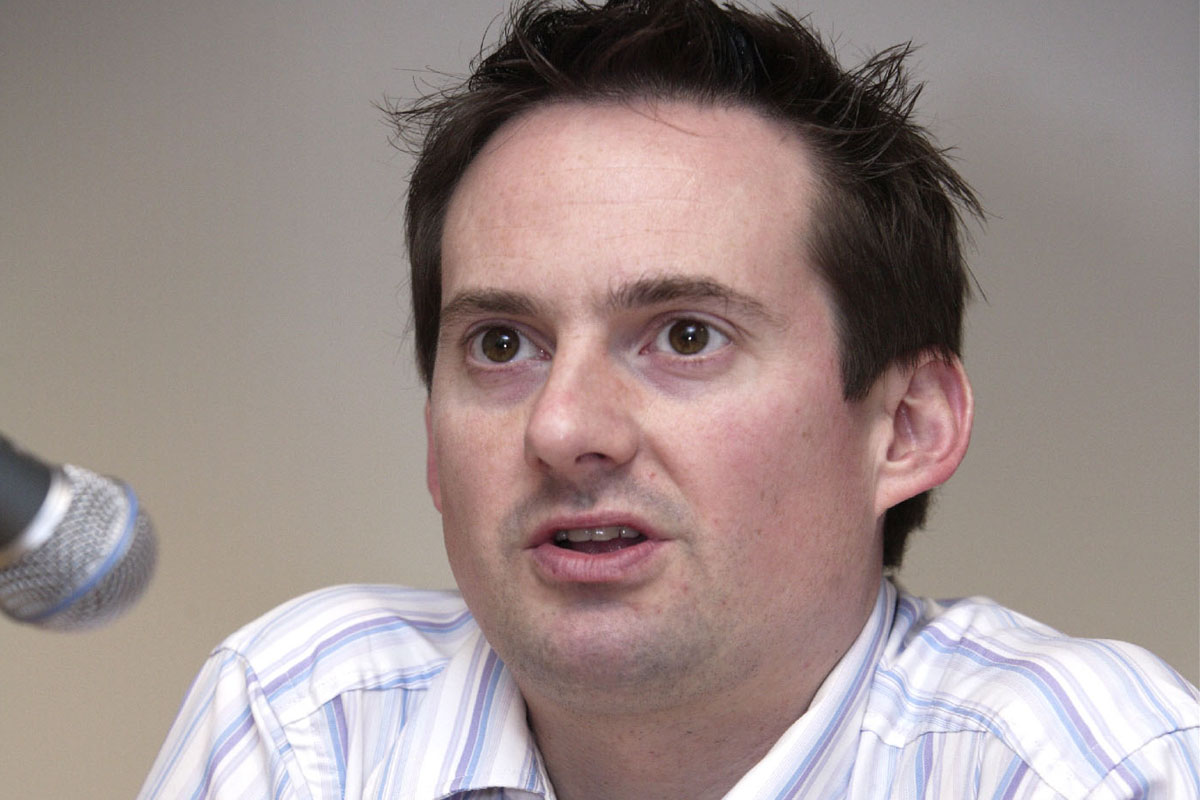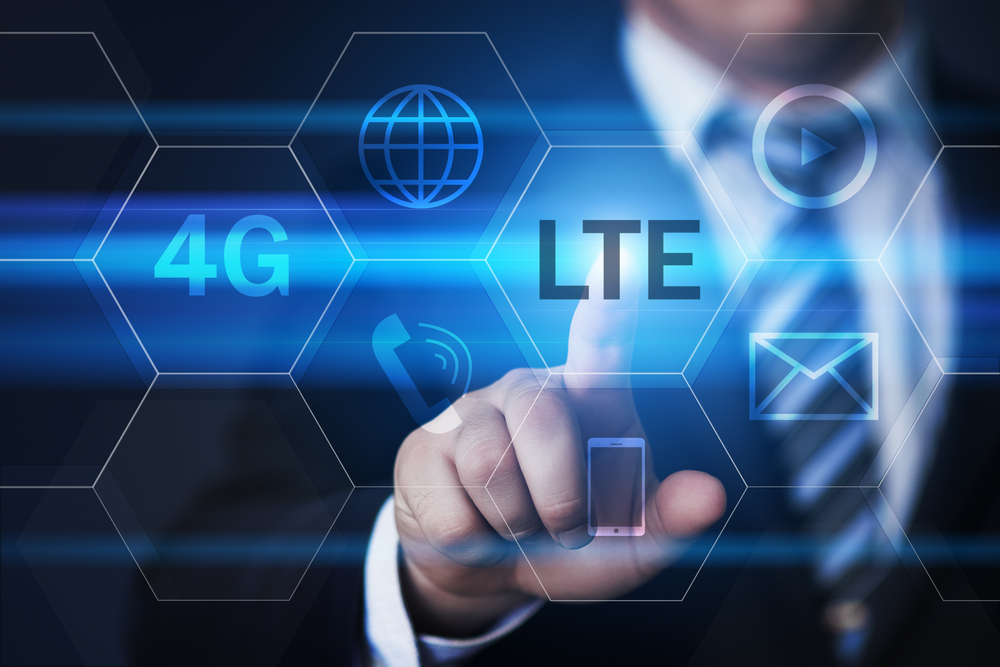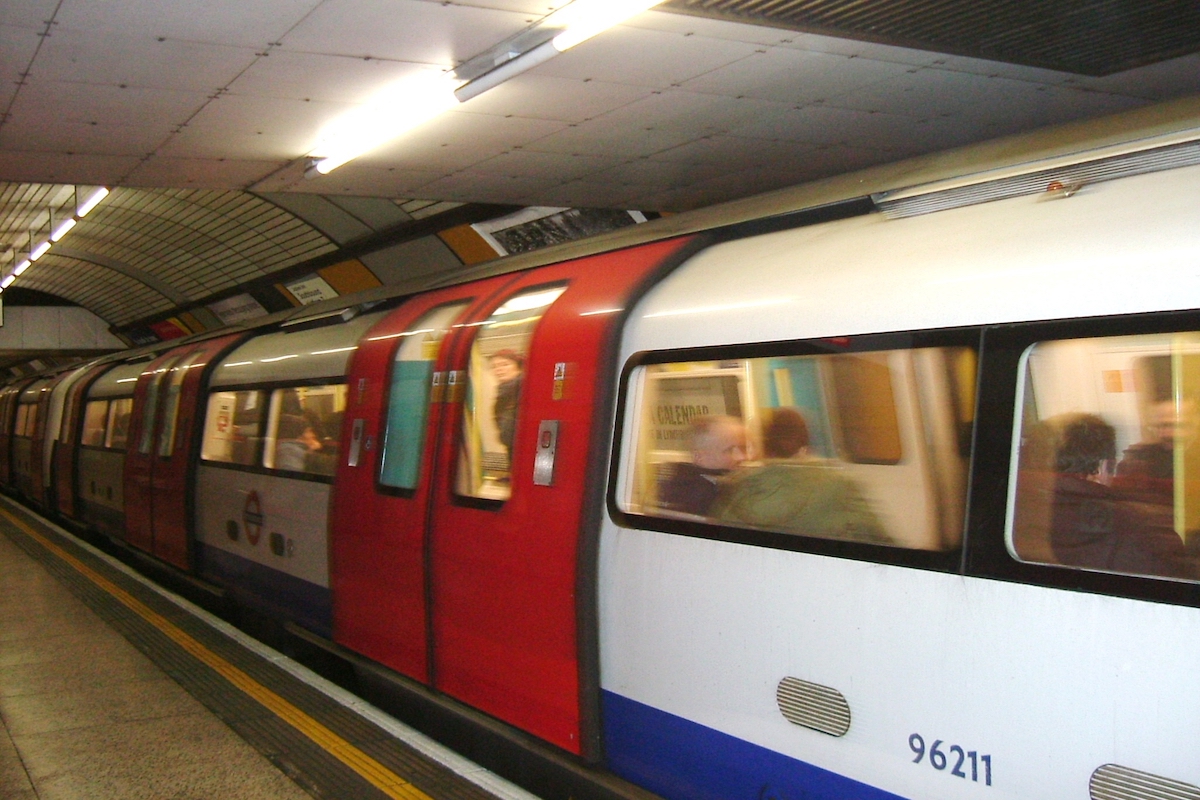4G: The any time, anywhere network
Inside the enterprise: Ofcom's 4G spectrum auction will bring faster mobile broadband. But will it improve coverage?

This week's announcement by Ofcom that it will start to auction 4G mobile spectrum -possibly as soon as early next year, is good news for companies that depend on mobile networks for doing business.
The new spectrum is in the 800MHz and 2.6GHz bands, with the lower frequencies freed up as a result of the UK's switch to digital TV.
The auction is being designed to ensure that at least four "wholesale" operators enter the market, with floors and caps to ensure that no one operator buys so much spectrum that it could dominate the market, or so little that it would struggle to provide national coverage.
Ensuring there are at least four companies involved makes economic and practical sense: the UK mobile market now has four providers running their own networks Vodafone, O2, Everything Everywhere (the merged Orange and T-Mobile network), and Three. There is a relatively healthy market for mobile virtual network operators, such as Virgin Media and Tesco Mobile, but the vast majority of businesses buy mobile services directly from the network operators.
Ofcom has also make the sensible choice to remain neutral, when it comes to technology. Some 4G spectrum sales, including in continental Europe, have dictated the choice of technology, usually in favour of LTE (Long Term Evolution), rather than WiMax. Ofcom specifically mentioned both WiMax and LTE when it announced the auction, and seems to be taking a market-based approach to technology choice.
Such an approach has already paid dividends in the US, where the largest operating 4G network, run by Sprint uses WiMax. AT&T, which recently announced its intention to buy T-Mobile's US operation, is set to go down the LTE route.
Advances in technology over the last decade, especially in software radios, mean that this is not an either-or choice: equipment manufacturers can design devices that work on LTE and WiMax and potentially, can roam between them.
Get the ITPro daily newsletter
Sign up today and you will receive a free copy of our Future Focus 2025 report - the leading guidance on AI, cybersecurity and other IT challenges as per 700+ senior executives
A tougher stipulation will be the requirement that 4G licensees "widen the coverage of mobile broadband to 95 per cent of the population."
One of the reasons for auctioning 800MHz spectrum as well as 2.6GHz is to ensure wide-area coverage (due to the better reach of radio signals at lower frequencies). The higher frequencies are more suited to high-speed data services in more densely populated areas, especially city centres.
Ofcom will be auctioning spectrum in blocks that combine both lower and higher frequencies, to try to meet the demands for both coverage and speed, and one 800MHz licence will include a requirement to provide broadband coverage to 95 per cent of the population. The experience of other countries, such as Finland, with sub-1GHz spectrum, suggests that this might suit a data-only service based on WiMax or perhaps a technology such as OFDM.
Whichever technology operators choose, though, coverage will be as important as bandwidth if they are to succeed in the business market. One of the most common complaints from CIOs about existing mobile networks is that they do not offer the truly universal coverage they need in 2.5G (GPRS), let alone 3G, to support tasks such as field sales, service and logistics. Any bidders who can fix that are likely to find strong support from the business community.
Stephen Pritchard is a contributing editor at IT PRO.
Comments? Questions? You can email him here
-
 CISA issues warning in wake of Oracle cloud credentials leak
CISA issues warning in wake of Oracle cloud credentials leakNews The security agency has published guidance for enterprises at risk
By Ross Kelly
-
 Reports: White House mulling DeepSeek ban amid investigation
Reports: White House mulling DeepSeek ban amid investigationNews Nvidia is caught up in US-China AI battle, but Huang still visits DeepSeek in Beijing
By Nicole Kobie
-
 Nokia and NASA join forces to bring 4G to the moon
Nokia and NASA join forces to bring 4G to the moonNews Cellular service will provide the communications needed for meaningful moon exploration
By Tyler Omoth
-
 Birmingham crowned the fastest UK city for 4G download speeds
Birmingham crowned the fastest UK city for 4G download speedsNews While Birmingham also recorded the highest speed hike over 2019, London came in at a middling 9th place
By Keumars Afifi-Sabet
-
 LTE vs 4G: Which is better?
LTE vs 4G: Which is better?In-depth Comparing LTE vs 4G has become common in recent years, but how exactly do they differ, and is 4G faster?
By Jane McCallion
-
 What is 4G?
What is 4G?In-depth A look at the fourth generation of mobile networking technology and its availability in the UK
By Rene Millman
-
 4G vs 5G - what's the difference?
4G vs 5G - what's the difference?Vs From 3G to 4G, mobile connectivity has revolutionised our lives. Now 5G is set to do it again
By Bobby Hellard
-
 The best 4G network
The best 4G networkIn-depth Every mobile provider offers 4G contracts, but which one is the best for you?
By Carly Page
-
 More than a million UK properties don't have access to 'decent' broadband speeds
More than a million UK properties don't have access to 'decent' broadband speedsNews Ofcom's Connected Nations report finds broadband is still lacking across 4% of the UK
By Roland Moore-Colyer
-
 4G London Underground coming in 2019, following successful tests
4G London Underground coming in 2019, following successful testsNews No more internet blackspots, even under ground
By Alan Martin